Europe is in an elevated protest mood at present, but it would be inaccurate to assume that this sentiment will automatically translate into votes or increased turnout, and subsequently lead to a shift in the balance of power," Mraz Agoston Samuel pointed out. According to models constructed across Europe, there's an expected strengthening of the right while the left is anticipated to weaken, the head of the Nezopont Institute pointed out. He also underscored that the establishment of a new European mainstream, along with new European leadership, necessitates a majority. There are tensions in society, he opined, adding that Europe's political system is unable to channel these.
One key question for the upcoming EP elections is how big the conservative party will grow. If, for instance with the entry of Fidesz, this European conservative alliance were to grow into a party of around 15-16 percent,
it would become the second, or at least the third largest force, somehow inevitably making it part of the mainstream,
– Mraz Agoston Samuel explained. He added that no one should expect the winner of the election to be able to decide European issues on its own, as is the case in national politics.
The current downturn began during the 2008 financial crisis, and Europe still hasn't recovered from it, Istvan Kovacs said. Since then, two trends have emerged. The first is that the solution to new crises is that another crisis comes and the old one gets forgotten. The second is that the European elite is unable to resolve these crises, but it uses them to increase its own concentration of power," explained the strategic director of the Center for Fundamental Rights.
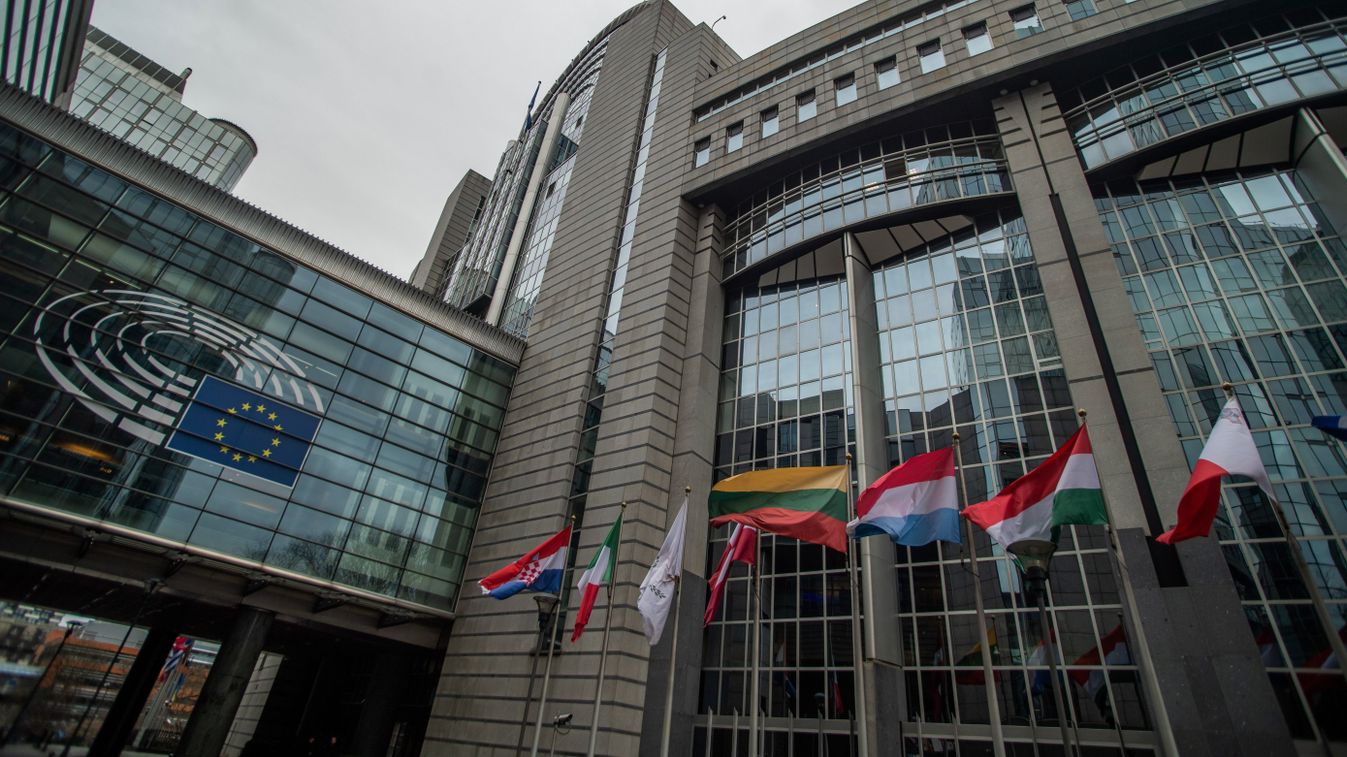





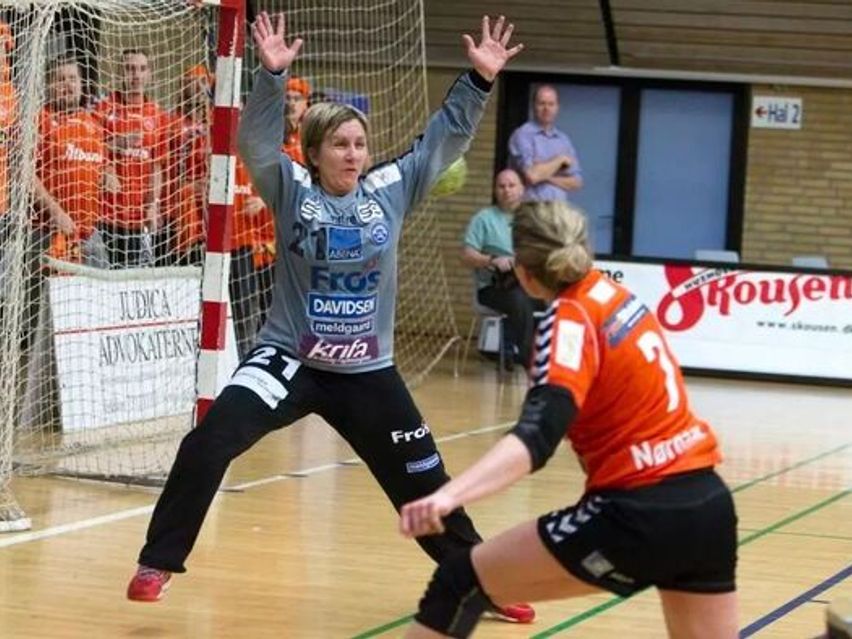

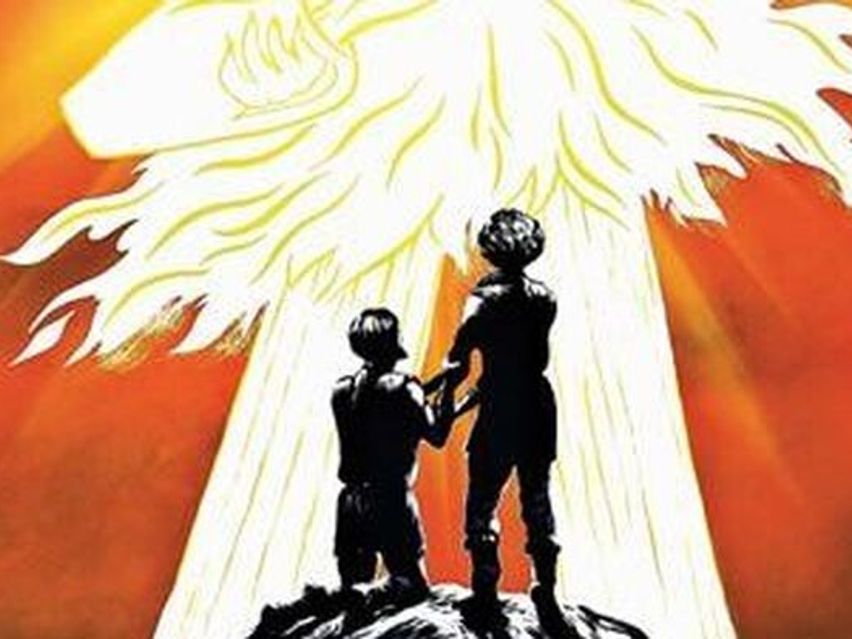
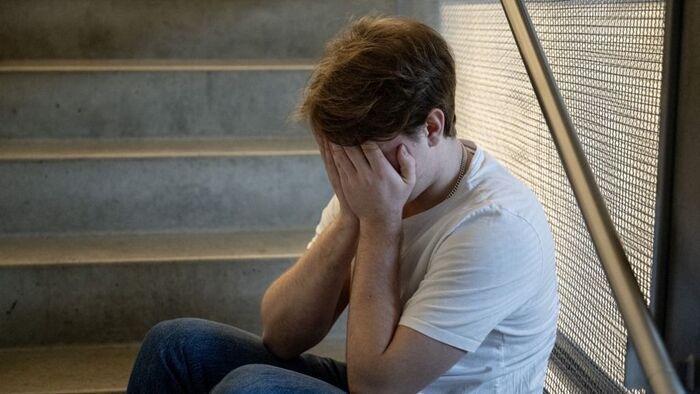


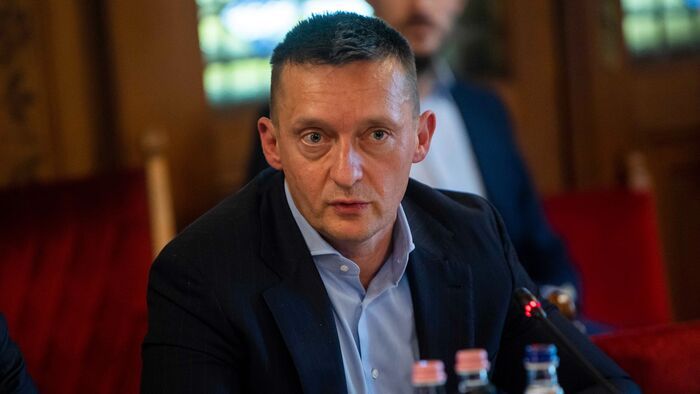

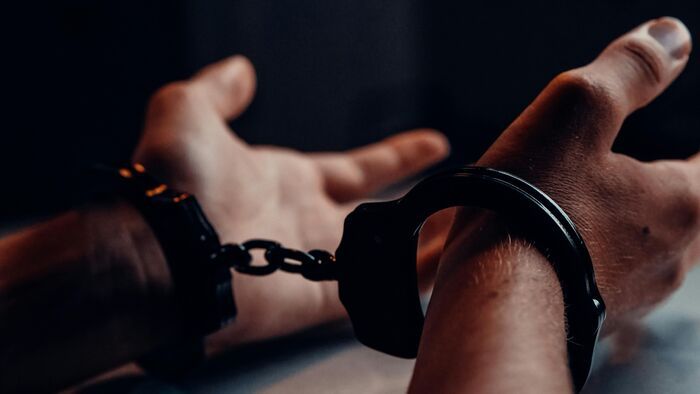
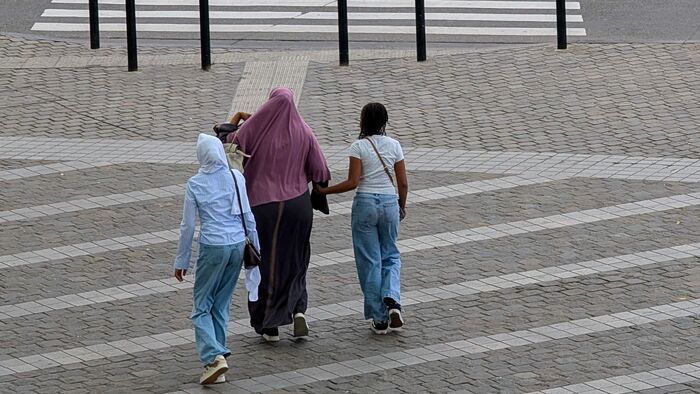
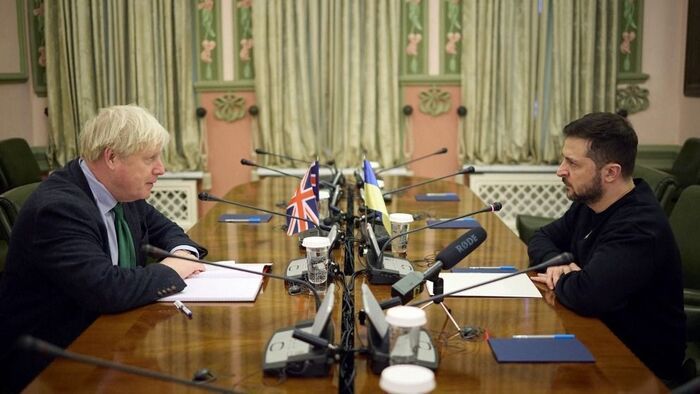
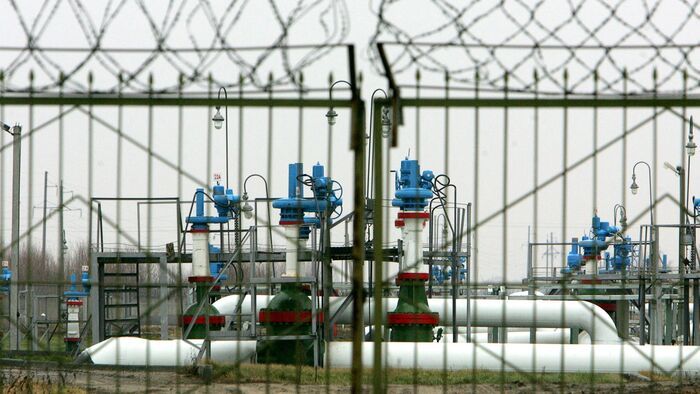





Szóljon hozzá!
Jelenleg csak a hozzászólások egy kis részét látja. Hozzászóláshoz és a további kommentek megtekintéséhez lépjen be, vagy regisztráljon!